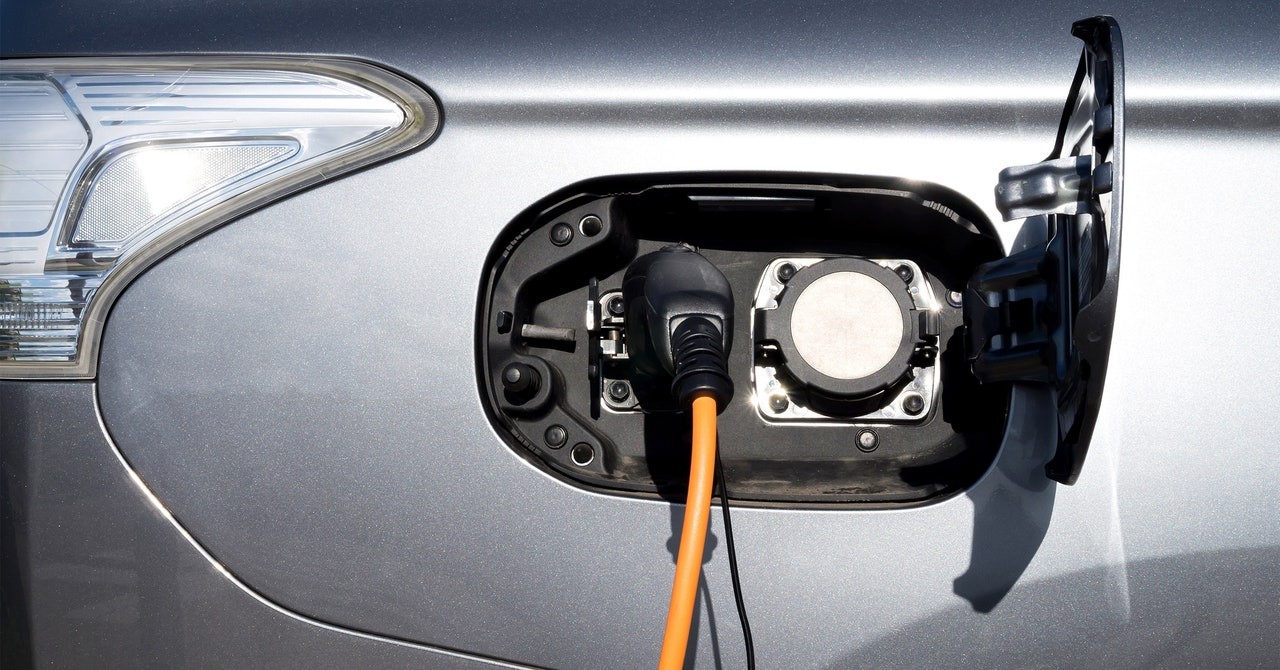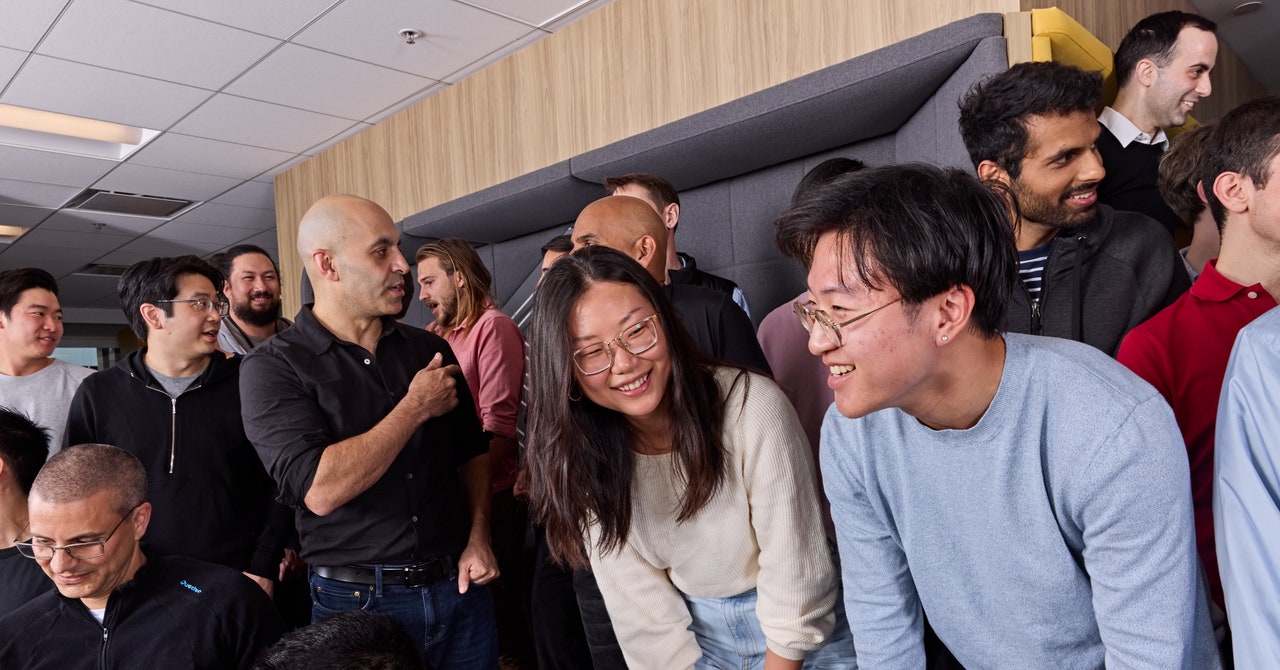Disclosure of ads has been an issue on Copilot as well. Though Microsoft says it labels all ads, Marcus Pratt, senior vice president for insights and technology at the ad-buying agency Mediasmith, says he’s encountered at least two searches in which links with indications that they are sponsored arguably haven’t been adequately disclosed.
Last week, Pratt looked up the best reels to wind up and store his garden hose. Copilot recommended eight options, all apparently lifted from an article from the reviews publication Spruce, which links to Amazon product listings and gets a commission when readers make a purchase. When clicking on the reels in Copilot, he ended up on giraffetools.com, with code in the URL suggesting it had been a sponsored link. But an “Ad” label is only visible if a user hovers over the link for a moment before clicking. Spruce and Giraffe Tools didn’t respond to requests for comment.
In the other search, Copilot recommended a Nike Pegasus running shoe, but when hovering over the name, Microsoft showed a link to the shoe brand On with a small “Ad” label in the corner. A link to a Women’s Health article with more details about the Nike pair is below the ad. Pratt calls it a potentially dissatisfying experience for brands and a confusing one for consumers. “This blending of organic recommendations and sponsored listings is blurring the lines more than I have seen in the past,” he says. Nike, On, and Women’s Health didn’t respond to requests for comment.
Microsoft’s Sainsbury-Carter says ad experiences may vary as Microsoft continues testing and applying feedback.
Despite optimism among investors in the tech giants’ abilities to smooth out the rough edges and keep sales flowing, mixing AI-generated content into search is the industry’s biggest shift since the advent of smartphones. Google is trying to quickly satisfy people’s curiosity by using AI Overviews’ generative AI to summarize the web, which users have panned for embarrassing gaffes like suggesting they squeeze glue on pizza.
Microsoft is not only publishing similar AI summaries, but also enabling users to explore topics by conversing with Copilot, the AI chatbot from Bing. Though Google has tested ads in a precursor to AI Overviews, Microsoft is so far ahead—displaying more ads and disclosing more about how they are doing.
In a webinar for select ad agencies last week seen by WIRED, Microsoft’s Murray said that users click on ads in Copilot at nearly twice the rate they do for equivalent ads when they’re shown as the first ad above traditional search results, which historically is the most clicked ad. They also prefer a Copilot experience with ads than without by a slim margin.
Sainsbury-Carter says to her, the data mean users are finding Copilot ads more integral than tacky. She adds that clicks on multimedia ads, specifically, were three times higher in Copilot than elsewhere in Bing between last July and this past January. The company declined to share specific figures but described the measure as statistically significant.
Opted-In to AI
Advertisers don’t have much choice about investing in AI search. Microsoft and Google are pulling from customers’ existing ad campaigns for other environments to fill the ad slots in Copilot and Overviews until more data is gathered on their effectiveness. That means Copilot can draw on advertisers’ content to show ads as simple text, a row of product images, sponsored links embedded within AI summarization, or multimedia widgets for booking travel or deciding which car to buy.
“We’re still in a place where we don’t feel like asking advertisers to adopt, launch, manage, and optimize an entirely new campaign type,” Microsoft’s Sainsbury-Carter says. “Certainly that could happen over time if it feels like it’s really bifurcating and the differences are great enough.”









